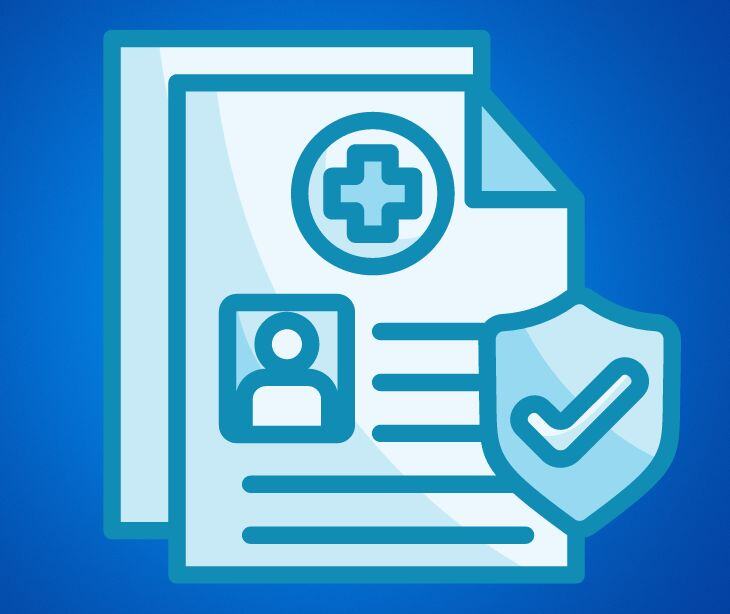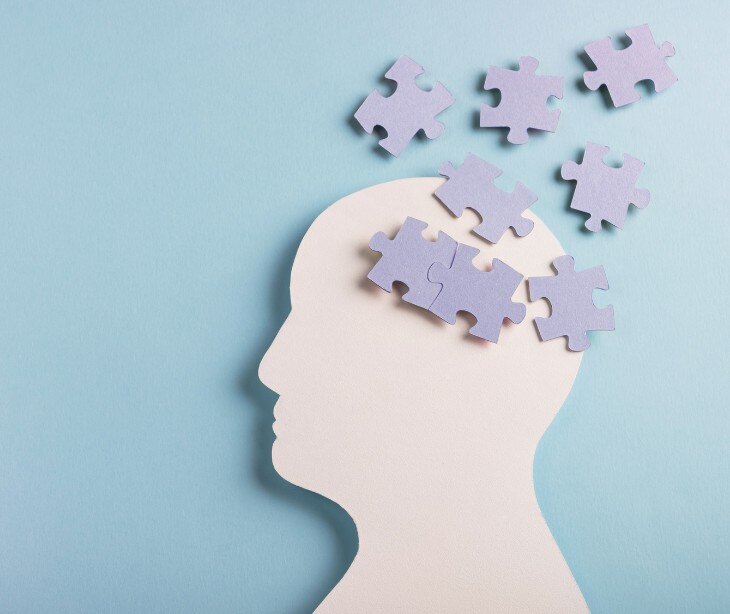
HIPAA awareness is understanding and implementing the standards and practices required by the Health Insurance Portability and Accountability Act (HIPAA) to ensure the protection and confidentiality of protected health information (PHI). This awareness is crucial for all healthcare professionals, including mental health providers, to ensure compliance with legal requirements and safeguard patient information.
Key elements of HIPAA for mental health providers
Privacy Rule
- Ensures that a patient’s medical information is properly protected while allowing the flow of health information needed to provide high-quality health care.
- The rule applies to all forms of PHI, whether electronic, written, or oral.
Security Rule
- Specifies safeguards that covered entities and their business associates must implement to protect the confidentiality, integrity, and availability of electronic PHI (ePHI).
Breach Notification Rule
- Requires covered entities to notify affected individuals, the Secretary of the U.S. Department of Health and Human Services (HHS), and, in some cases, the media, of a breach of unsecured PHI.
Enforcement Rule
- Provides standards for the enforcement of all the Administrative Simplification Rules.
Practical steps for compliance
With approximately 70% of healthcare organizations not in compliance with HIPAA regulations, here are some steps that mental health professionals can implement to ensure HIPAA compliance:
Conduct risk assessments
- Regularly perform risk assessments to identify potential vulnerabilities to the confidentiality, integrity, and availability of PHI.
Implement safeguards:
- Administrative safeguards: Implement policies and procedures to manage the selection, development, implementation, and maintenance of security measures.
- Physical Safeguards: Limit physical access to facilities while ensuring that authorized access is allowed.
- Technical Safeguards: Implement technology to protect and control access to ePHI.
Learn more: What are administrative, physical and technical safeguards?
Training and awareness
- Provide ongoing training and awareness programs for staff to ensure they understand their responsibilities under HIPAA.
Ensure proper documentation
- Maintain documentation of policies and procedures, risk assessments, and other actions taken to comply with HIPAA.
Establish business associate agreements
- Ensure that business associates who handle PHI on behalf of the mental health provider also comply with HIPAA regulations.
Special considerations for mental health providers
- Psychotherapy notes: Psychotherapy notes receive extra protection under HIPAA and generally require patient authorization to be disclosed, except in certain circumstances.
- Communication with patients: Providers must ensure secure communication methods when discussing PHI with patients, whether via phone, email, or other electronic means.
- Handling sensitive information: Mental health providers often deal with highly sensitive information; extra caution must be taken to prevent unauthorized disclosures.
- Patient rights: Patients have the right to access their health records, request amendments, and receive an accounting of disclosures.
See also:
FAQs
What steps should mental health providers take to ensure HIPAA compliance?
- Conduct regular risk assessments to identify potential vulnerabilities.
- Implement administrative, physical, and technical safeguards to protect PHI.
- Train staff on HIPAA requirements and the importance of protecting patient information.
- Maintain proper documentation of compliance efforts and policies.
- Establish business associate agreements with any third parties that handle PHI on your behalf.
Go deeper: What is the key to HIPAA compliance?
How does HIPAA affect the handling of psychotherapy notes?
Psychotherapy notes are given special protection under HIPAA. They must be kept separate from the rest of the patient's medical records and generally require patient authorization to be disclosed, except in specific circumstances such as legal compliance or safety concerns.
How can mental health providers ensure secure storage of electronic PHI?
Providers should use encrypted storage solutions, implement access controls, regularly update software to patch vulnerabilities and perform regular audits to ensure that security measures are effective.
Read also: HIPAA compliant file storage
Subscribe to Paubox Weekly
Every Friday we'll bring you the most important news from Paubox. Our aim is to make you smarter, faster.



